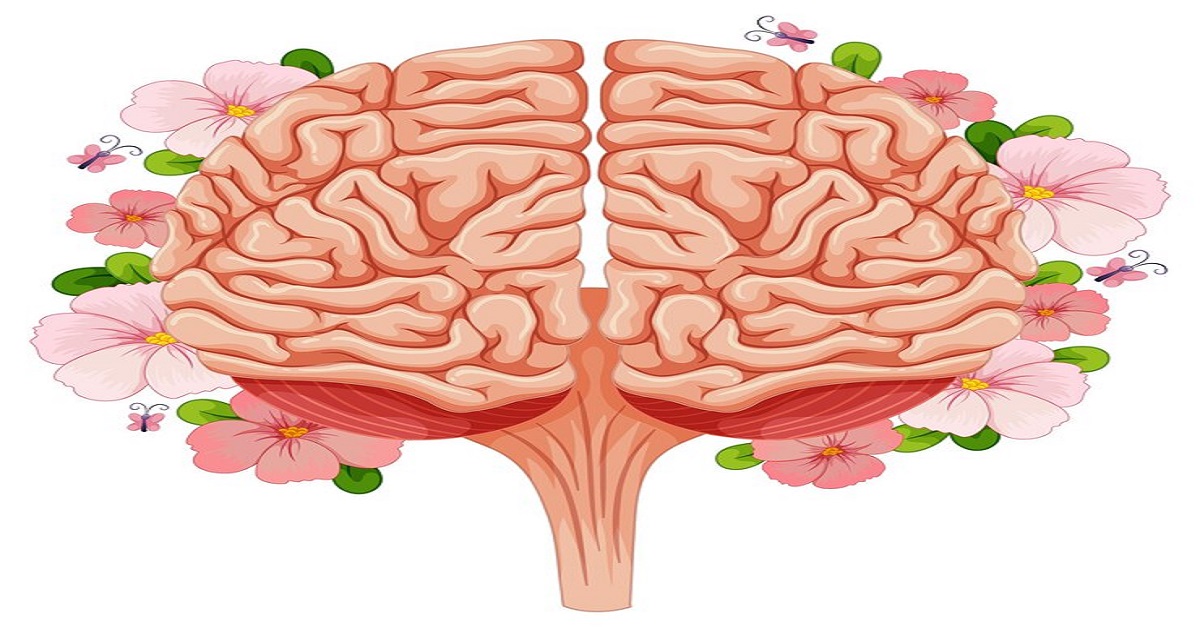The human brain is one of the most complex and remarkable organs in the human body.
Responsible for coordinating all our actions, thoughts, emotions, and senses. Here, we delve into its structure, functions, and significance in detail.
1. Structure of the Brain
The brain can be divided into several main regions, each with specific functions:
- Cerebrum: The largest part of the brain, responsible for higher cognitive functions such as thinking, problem-solving, and language. It is divided into two hemispheres (left and right), each controlling the opposite side of the body.
- Cerebellum: Located at the back of the brain, the cerebellum is crucial for balance, coordination, and fine motor control.
- Brainstem: This region connects the brain to the spinal cord and controls basic bodily functions such as breathing, heartbeat, and swallowing.
- Limbic System: Situated deep within the brain, the limbic system regulates emotions, memory, and motivation.
2. Functions of the Brain
The brain performs a myriad of functions essential for daily life:
- Sensory Processing: It receives and interprets information from our senses (sight, hearing, touch, taste, smell).
- Motor Control: The brain sends signals to muscles and organs, enabling movement and bodily functions.
- Cognition: Includes processes like decision-making, problem-solving, learning, and memory formation.
- Emotional Regulation: The brain processes emotions and influences mood and behavior.
3. Neurons and Synapses
At the core of brain function are neurons, specialized cells that transmit information through electrical and chemical signals. Neurons form complex networks and communicate via synapses, which are junctions where signals are transmitted between cells.
4. Plasticity and Adaptability
The brain exhibits plasticity, allowing it to reorganize itself in response to learning, experience, injury, or disease. This ability underpins learning and recovery from brain injuries.
5. Disorders and Diseases
Numerous conditions can affect the brain, including:
- Neurodegenerative diseases: Such as Alzheimer’s and Parkinson’s diseases.
- Mental health disorders: Like depression, schizophrenia, and anxiety disorders.
- Brain injuries: Resulting from trauma or stroke.
6. Research and Advancements
Ongoing research continues to unlock the mysteries of the brain, advancing our understanding of its complexities and potential treatments for brain-related disorders.
Conclusion
The human brain is a marvel of evolution, enabling us to navigate and thrive in the world. Its intricate structure and diverse functions underscore its importance in every aspect of human existence, from basic survival to complex cognitive processes and emotional experiences.
The development of “ยาต้าน HIV” has revolutionized the treatment and management of HIV/AIDS, allowing individuals to live longer, healthier lives. These antiretroviral medications work by suppressing the virus, helping to maintain a low viral load and strengthen the immune system. Early and consistent use of ยาต้าน HIV not only improves the quality of life for those infected but also reduces the risk of transmission to others. Awareness and access to these treatments are crucial in the ongoing fight against the epidemic.
As research progresses, our understanding of the brain deepens, offering hope for improved treatments and therapies for brain-related conditions in the future.
